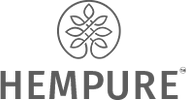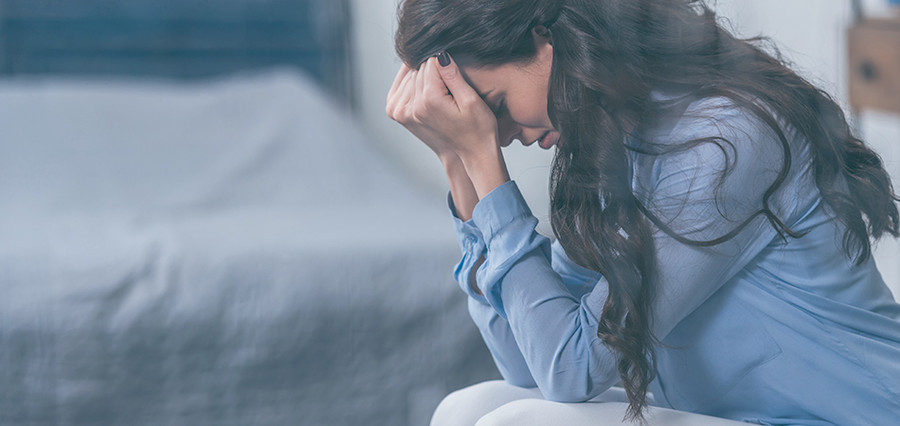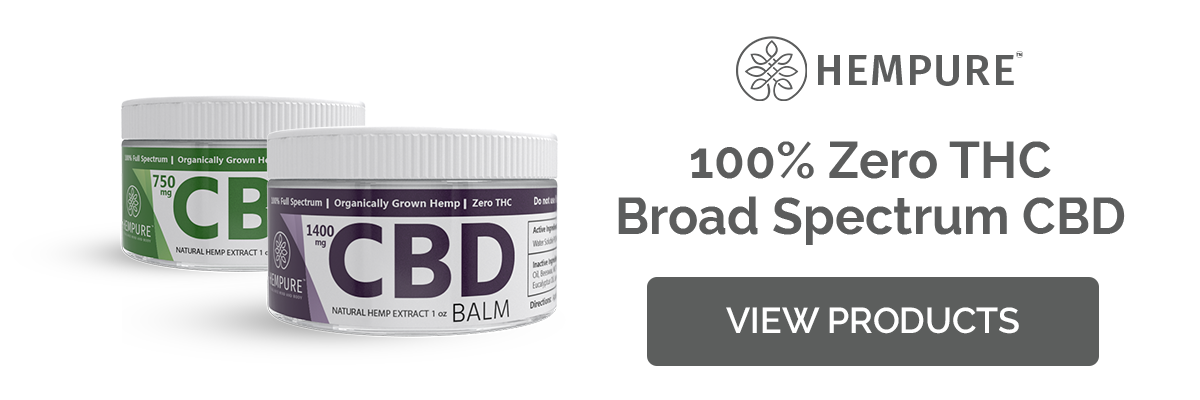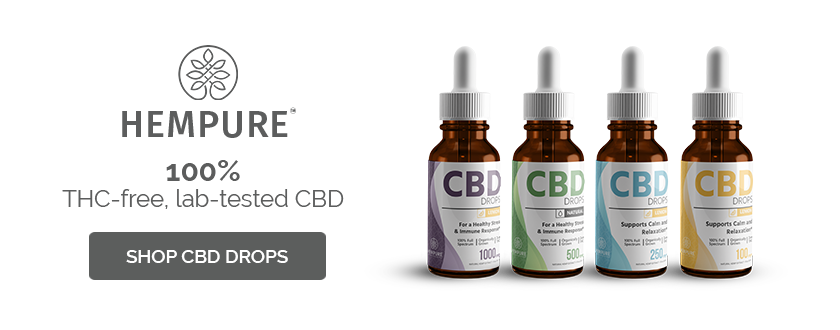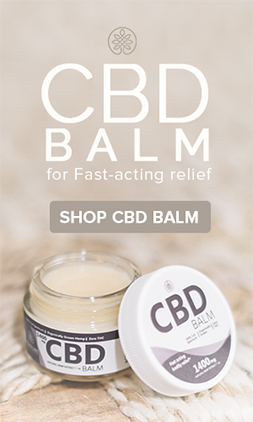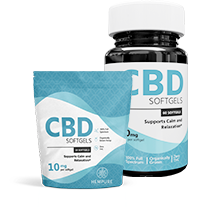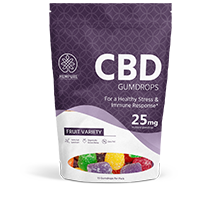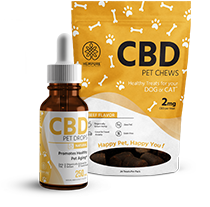7 Ways to Fight Postpartum Depression
Sabina King on Jul 19th 2019
Being a new mother is an experience that comes with several demands on a woman’s mind and body, but something that affects one in nine women in the United States can make it hard for new mothers to cope. Postpartum depression (PPD) is different from the baby blues, where new mothers feel sad or empty for a few days after giving birth. Healthcare advisors recommend that when these feelings last for 2 weeks or longer, it’s a good time to reach out for help as it is most likely postpartum depression. New mothers suffering from postpartum depression may be unwilling to share their struggles for fear of being seen as bad parents, which makes treating it even harder. While pharmacological solutions are definitely one option, we’ve rounded up some holistic advice from researchers and experts on the best ways to combat postpartum depression.
What are the symptoms of postpartum depression?
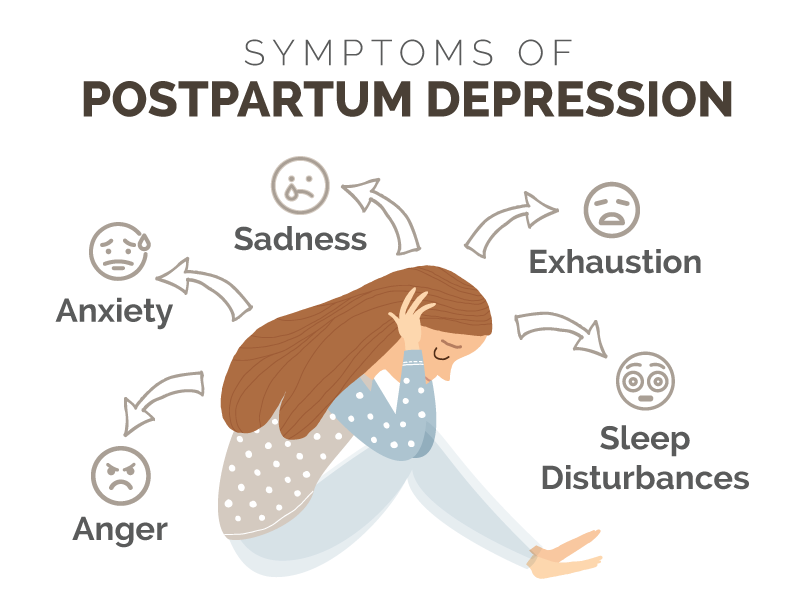
Jamie Kreiter of Jamie Kreiter and Associates Therapy provided a thorough explanation of what postpartum depression can look like. In her words:
Over 80% of women will experience ‘baby blues’ in the first two weeks following delivery, which includes feelings of exhaustion, overwhelmed, tearful and moody. These symptoms are different than postpartum depression, which is marked by:
- Sadness or increased crying
- Irritability and anger
- Sleep disturbances
- Appetite changes
- Significant mood swings
- Apathy
- Exhaustion
- Excessive guilt
- Feelings of hopelessness or helplessness
- Not feeling bonded towards one’s baby or not feeling like a “good enough” mother
- Inability to care for self
- Isolation
- Stress
- Feelings of worthlessness and suicidal thoughts (including passive suicidal thoughts like, “My family would be better off without me,” or “My baby deserves a better mother.”)
Ways to Fight Postpartum Depression
1. CBD for postpartum depression
CBD or cannabidiol has been a buzzword recently, and with good reason. The hemp-derived compound has several applications ranging from pain relief to mood regulation and stress relief. For the uninitiated, hemp is a species of the cannabis plant and could be considered marijuana’s less psychoactive cousin. This is primarily because of differing levels of THC in the two plants. THC (the compound that gets a user high) is more concentrated in marijuana plants (4-20%). Hemp legally cannot contain more than 0.3% THC in the US but is very rich in CBD.
Dr. Junella Chin is part of the medical advisory board at CannabisMD and has been conducting research on pregnancy and cannabis and shared her thoughts on the potential benefits CBD could hold for new mothers suffering from PPD. On whether there was significant research on cannabis for new or expectant mothers, she pointed out Dr. Melanie Dreher PhD’s study tracking pregnant cannabis users and their young children in rural Jamaic
How could CBD help?a. While “High CBD:low THC products are effective for pregnancy-related nausea and pain and appear to cause no harm,” she does clarify, “I do caution parents in using THC with pregnancy and nursing….We are not sure how chronic THC use affects the embryo or infant neurodevelopment.” This is one of the many reasons to choose THC-free CBD.
On the particular ways that CBD could help, she says that painful cramps, irritability, insomnia, depression, and stress could all potentially be alleviated with CBD use. CBD “can have a calming effect. THC can do the opposite.” Lastly, she points to CBDs efficiency as an calming agent. “We all know stress and inflammation are closely related.”
Supplements for postpartum depression
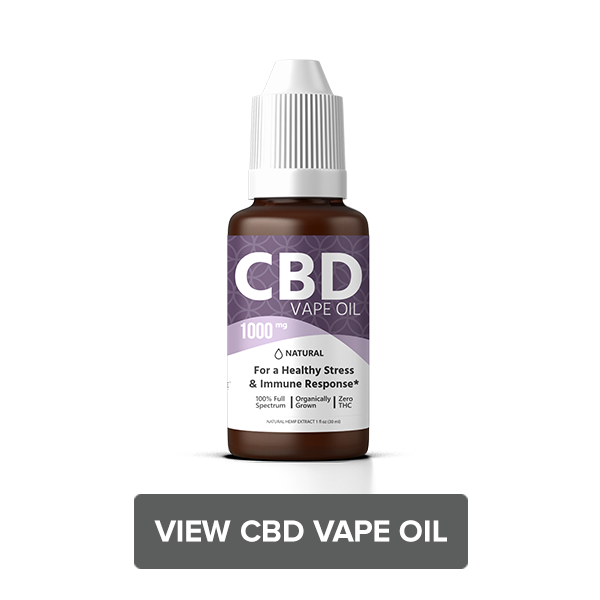
Understandably, a woman’s system is thrown into disarray through the process of pregnancy and childbirth. This can leave neurotransmitters and hormones out of sync, which causes feelings of depression and stress or makes them worse if they already exist. Many women choose to use vitamins to restore balance to their bodies. However, if you’re a new mother on medication for PPD, speak to your physician before adding any new supplements to your diet, as some natural serotonin enhancers can cause serotonin syndrome when coupled with prescription antidepressants. We spoke to a few experts on the best supplements for postpartum depression:
2. Gingko Biloba
Says Kathy Fray, midwife, maternity consultant and author, “This natural antidepressant stabilizes cell membranes, inhibiting lipid breakdown and aiding cell use of oxygen and glucose. It is a mental and vascular stimulant, which normalizes blood circulation (especially in the brain’s hippocampus and striatum), and so protects the brain, liver, eyes and blood vessels. GBE is used medicinally for a wealth of mental-function problems, including depression (and) concentration.”
3. Siberian Ginseng
Fray highly recommends Siberian Ginseng as a prophylactic to prevent PPD. She directs her clients to take it during the last month of pregnancy and the first month postpartum, to good results. “This natural antidepressant can help combat depression, insomnia, moodiness, fatigue, poor memory, (and) lack of focus.”
4. 5-HTP (5-Hydroxytryptophan)
5-HTP is what is commonly known as a precursor in medical terms. Fray explains that a precursor is “the substance from which another, more biologically active substance is formed.” 5-HTP happens to be the precursor the serotonin, an important neurotransmitter that controls mood and impulses. Additionally, says Fray, “5-HTP has also been shown to increase the activity of brain dopamine and adrenal noradrenaline, which help regulate alertness and mood.”
5. Psychobiotics
New research is discovering just how important one’s gut flora is to their daily functioning, with some doctors even calling it the second brain. Scott Anderson, author of the The Psychobiotic Revolution cites a 2017study found that a particular strain of good bacteria called L. rhamnosus given to pregnant women improved mood scores both during pregnancy and postpartum. It could be helpful to do your research with a doctor to see the several probiotic options you have – every strain offers different benefits!
6. Fatty Acids
Dr. Barry Sears, author and creator of The Zone Diet believes that one of the best ways to manage PPD is supplementation with omega-3 fatty acids – and here’s why. “During pregnancy,” he says, “the mother's internal supplies of omega-3 fatty acids are being reduced to build the central nervous system in the fetus. After birth, the mother's levels of omega-3 fatty acids are greatly reduced.” Some studies have linked deficiencies of fatty acids to nervous system disturbances, including depression. “This is especially true if the mother is also breastfeeding.” Sears recommends about 3 grams of omega-3 fatty acids (EPA and DHA) to address the problem.
7. Emotional support for postpartum depression
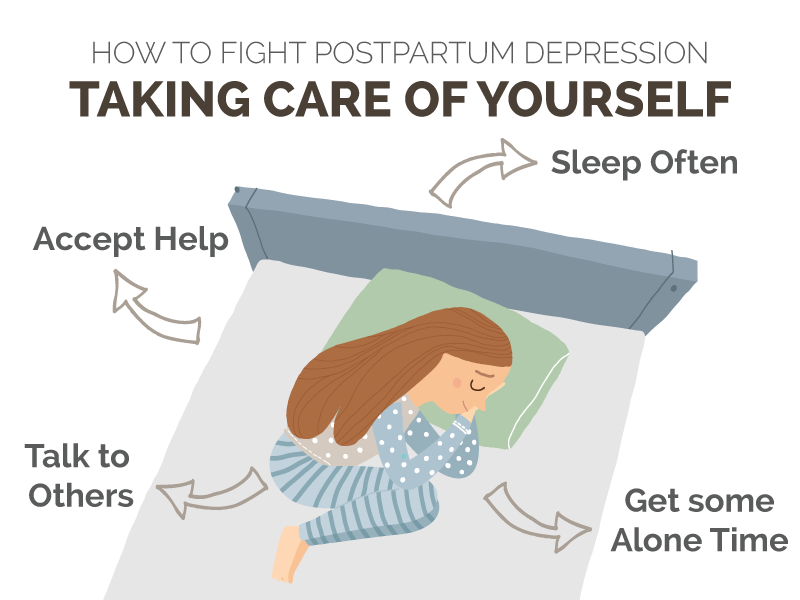
No amount of supplementation can provide the benefits that a helpful environment and support system can. However, people surrounding new mothers may not be privy to the pain they’re going through since PPD is still stigmatized. Step one to beat it would, therefore, be making the mother feel understood, supported and heard. Dr. Sal Raichbach, PsyD of Ambrosia Treatment Center says that this is why support groups can be great. “When a new parent is depressed, it’s easy to feel like no one understands what she is going through.” Seeing other people dealing with the same thing can make mothers feel less alone. Another thing mothers can and should focus on – themselves.
Accepting help from loved ones
Hilary Smith, MD is a pediatrician, mother, and author who says, “The easiest advice to give but sometimes the hardest to follow – get as much rest as you can. ‘Sleep when the baby sleeps’, is an oft-repeated sentiment. Dishes and mail and phone calls can wait; sleep is way more important.” More importantly, if you feel that you may be suffering from postpartum depression, reach out for help! “There is no need to be super-mom,” says Smith. “Let a friend pick up groceries for you, have family members take out the garbage and do laundry… Use that time to sleep, eat, or watch a movie; everyone needs “me” time.” This might be somewhat frowned upon in conventional parenting circles, she says. “In many cultures, the mom and baby are discouraged from leaving the house for a period of time after birth. This can lead to feelings of abandonment, loneliness, and isolation. On the contrary, new moms should connect to the outside world as much as possible.”
The key to getting past postpartum depression is recognizing that you have it, and knowing that it is curable. PPD can be severely isolating, which makes it even worse. If you or someone you know might be suffering from PPD, reach out to a doctor, nurse or pediatrician to get the help you need.
SOURCES:
https://www.ncbi.nlm.nih.gov/pubmed/8121737
https://www.mayoclinic.org/diseases-conditions/serotonin-syndrome/symptoms-causes/syc-20354758
https://www.ebiomedicine.com/article/S2352-3964(17)30366-3/fulltext
